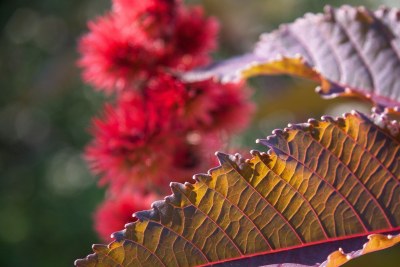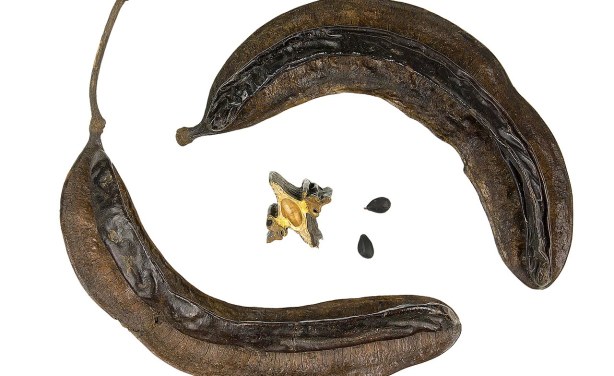-
Nigeria: A Plant Grown in Nigeria Shows Potential for Epilepsy Treatment
The Conversation Africa, 31 August 2021
Epilepsy is a brain disorder that arises from imbalances of brain chemicals called neurotransmitters. This disorder manifests as recurring seizure, unconsciousness and momentary… Read more »
A Plant Grown in Nigeria Shows Potential for Epilepsy Treatment
Epilepsy is a serious condition and it can be difficult to find the right drug to treat it. Some commonly used antiepileptic drugs may show adverse effects. Most are expensive, and some may be ineffective.
A plant that grows in Nigeria shows promise as the source of a new drug. Tetrapleura tetraptera also known as aidan and uyayak, is a tree found in the West African rainforest belt. Its fruit gives a characteristic aromatic odour, making it a sought-after spice in some Nigerian dishes. Research into the plant found that an extract of its fruit could protect against seizure and prevent brain degeneration. It could therefore be studied further for the development of a new antiepileptic drug, writes Moses B. Ekong for The Conversation.
Epilepsy is a brain disorder that arises from imbalances of brain chemicals called neurotransmitters. This disorder manifests as recurring seizures, unconsciousness, and momentary loss of memory. These events are frequent and unpredictable. The burden of epilepsy in Nigeria is high, with estimated prevalence of eight per 1,000 people.
InFocus
-
Hot mix asphalt, used mainly for road construction, is produced by mixing aggregates -- gravel, crushed stones, rock dust or powder - with bitumen under high-temperature ... Read more »
-
People have been using plants in skincare for thousands of years, for cleansing, perfuming, beautifying and healing. Today, plants contribute significantly to the beauty and ... Read more »
-
The last time Nigeria reported a novel antimicrobial compound of microbial origin was in 1986, under a project commissioned by Pfizer. The compound was used t Read more »





